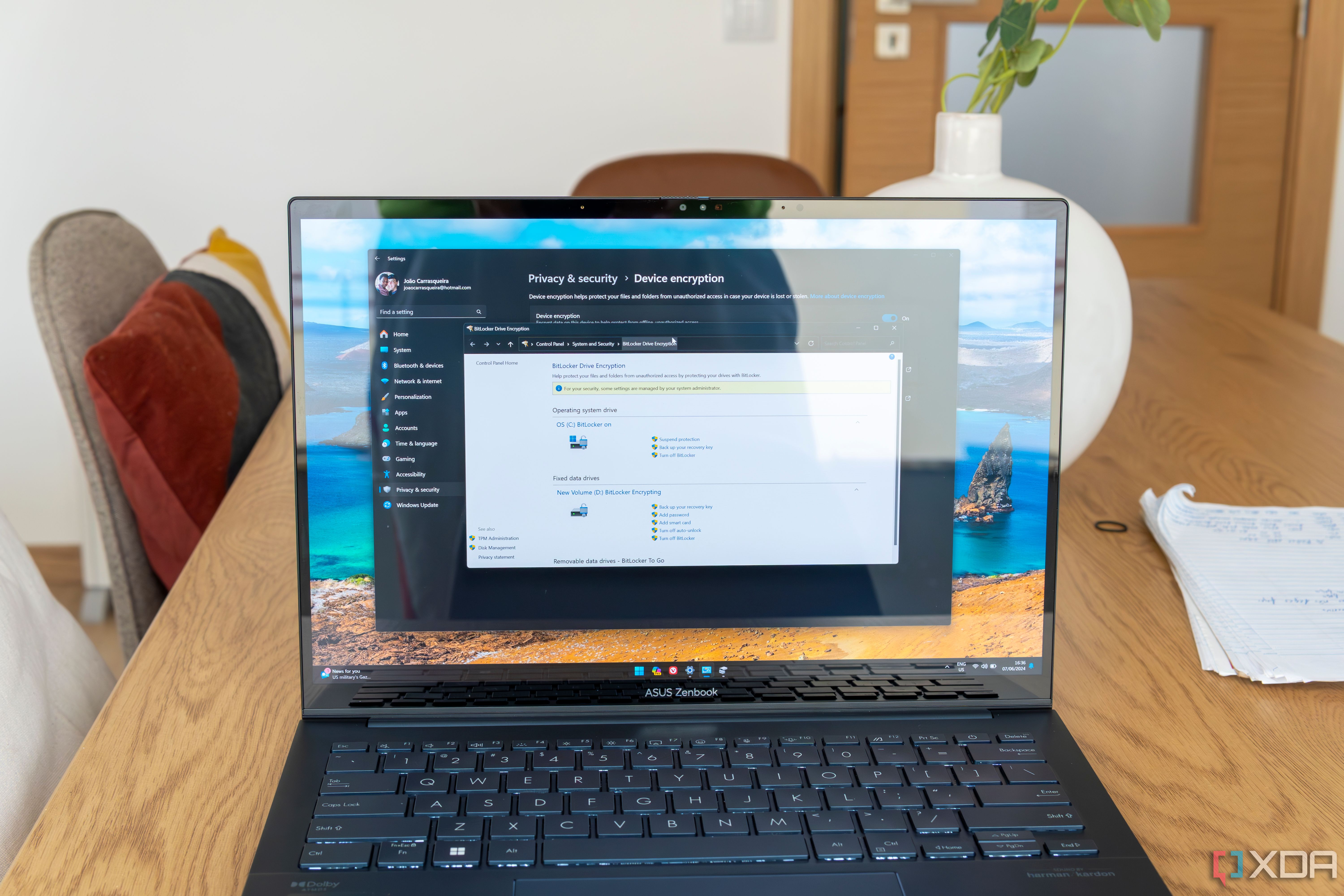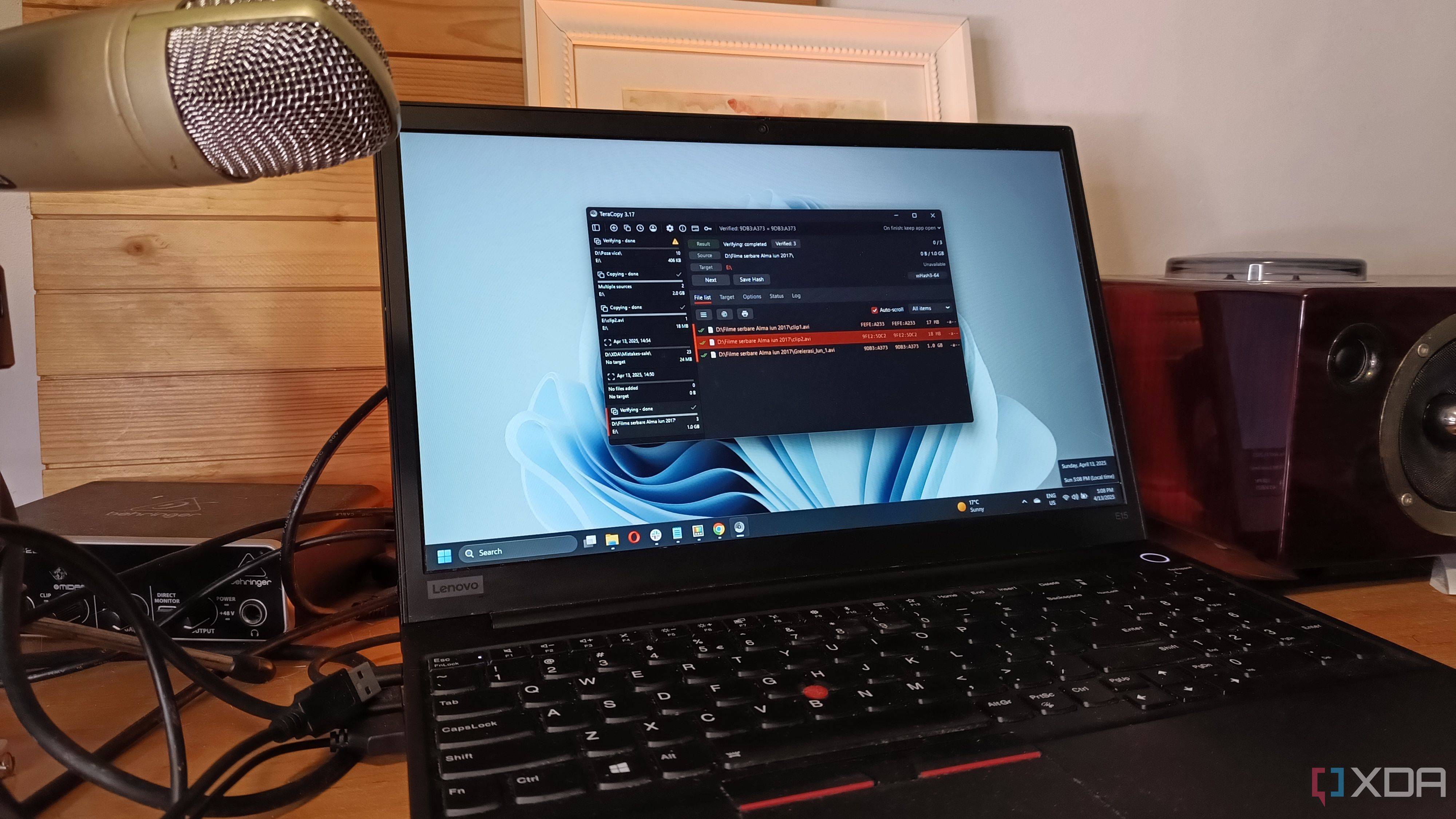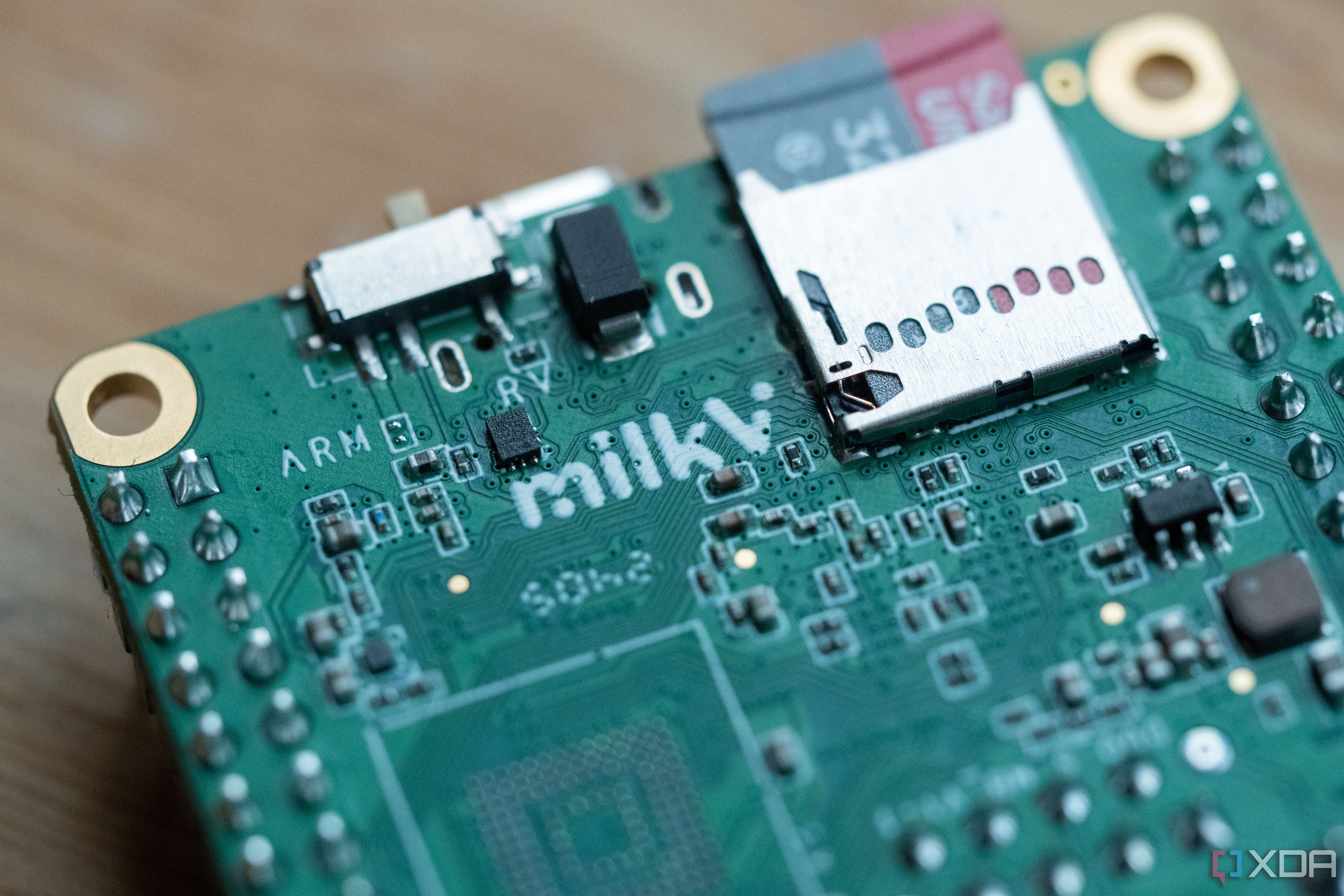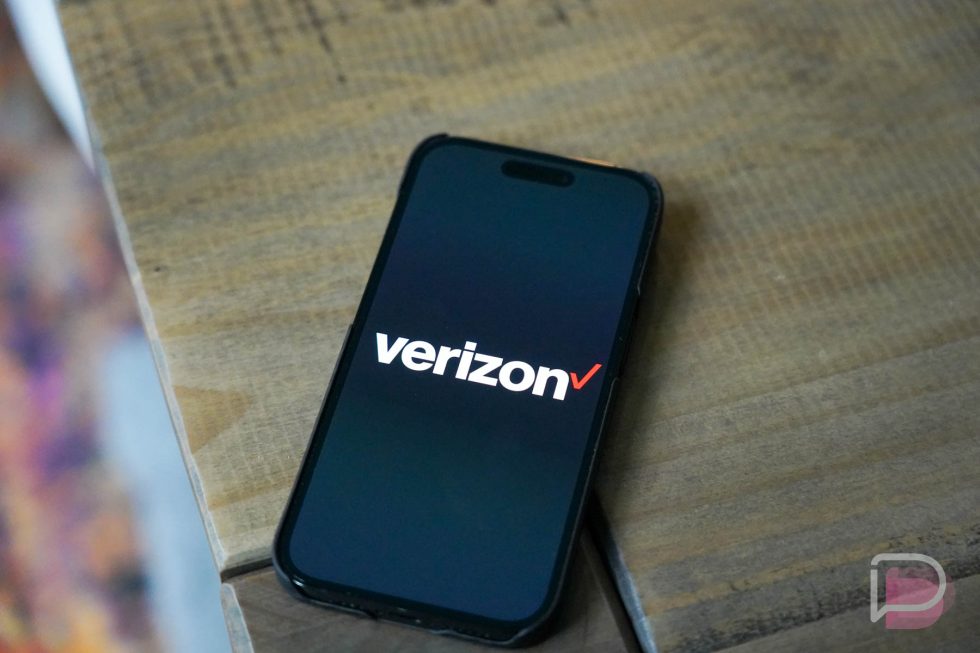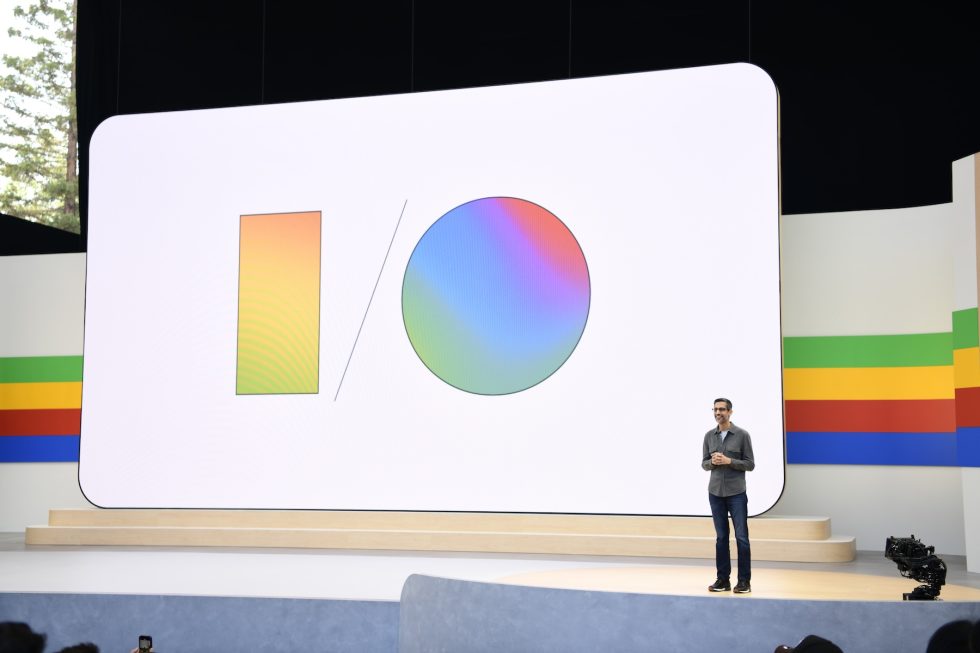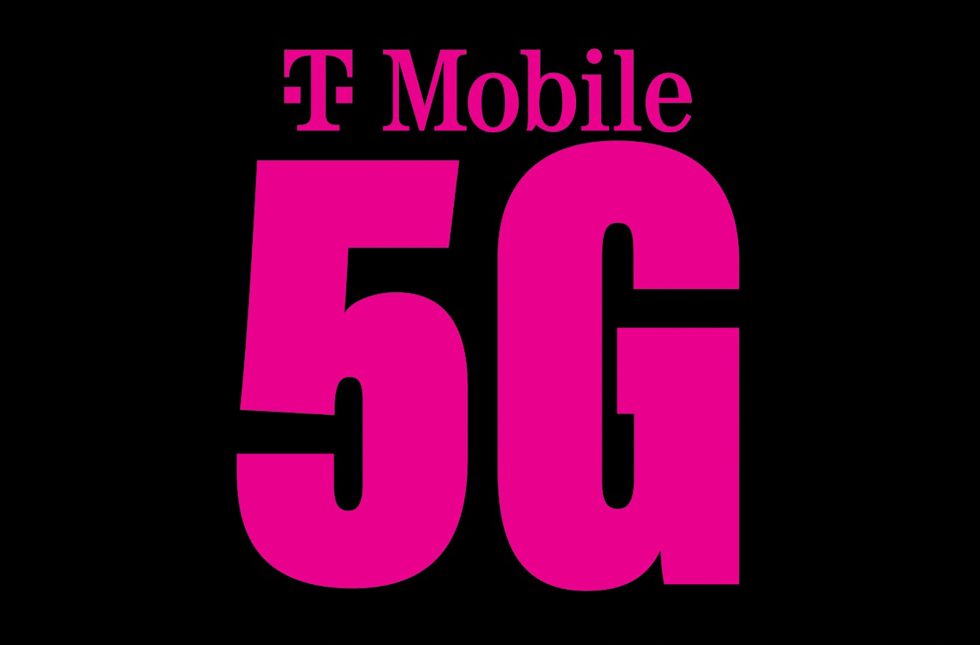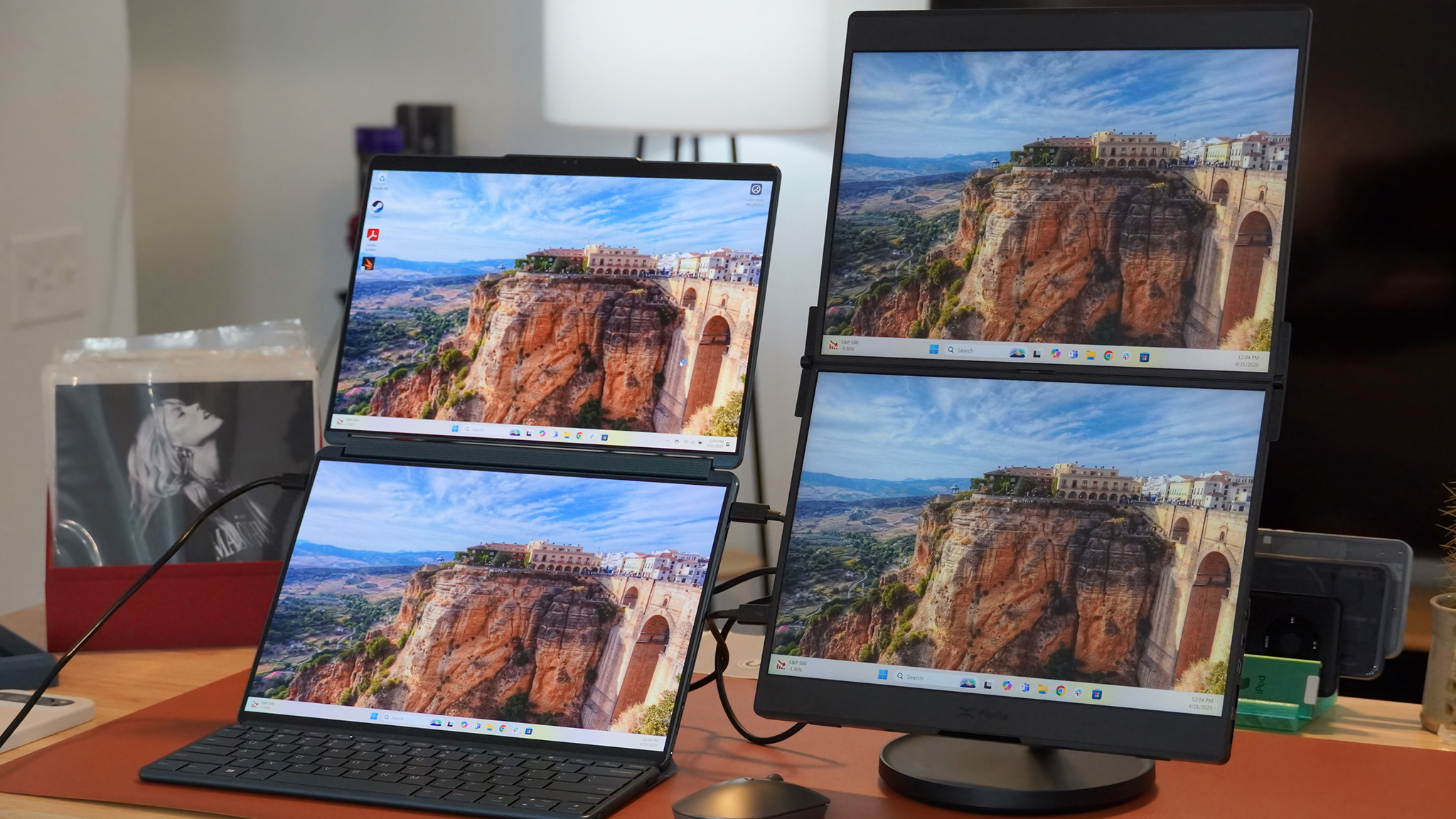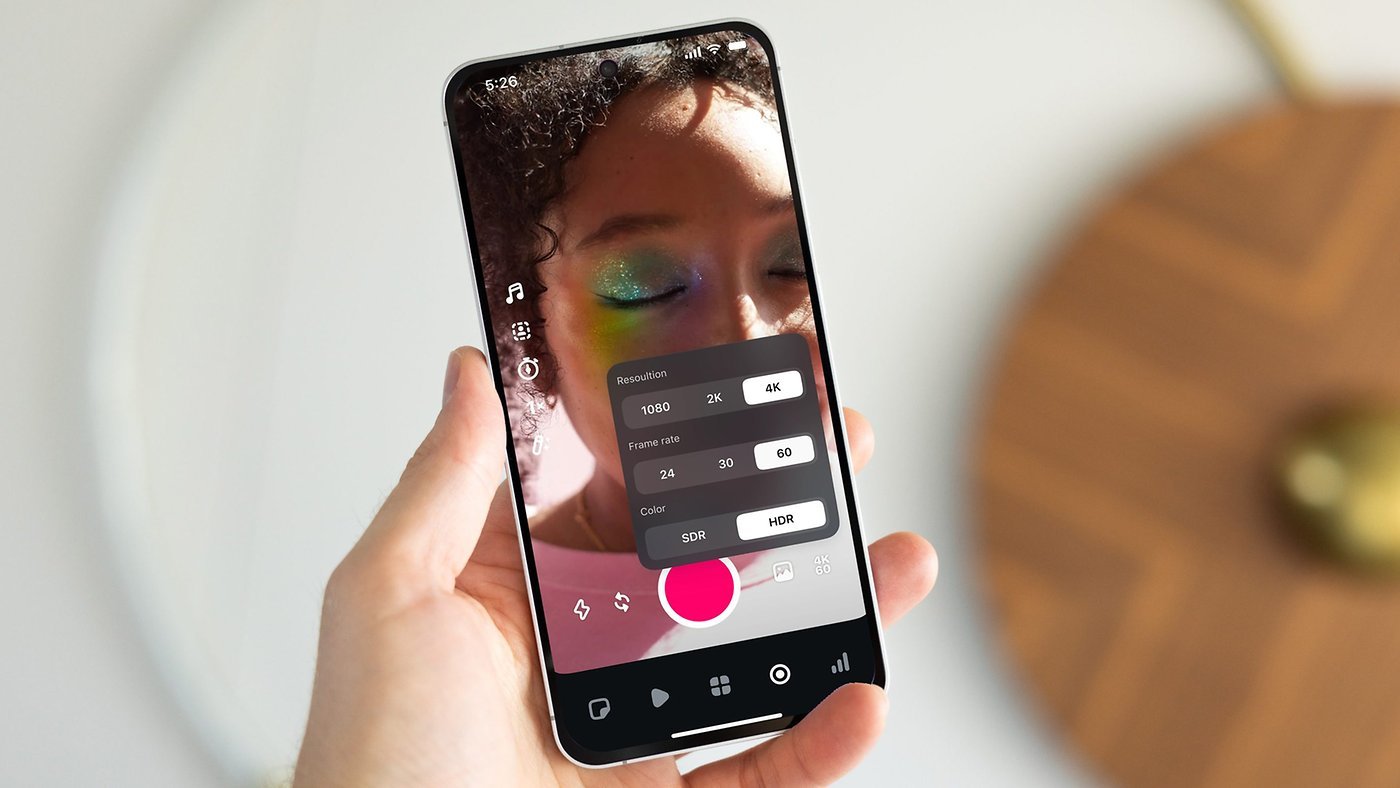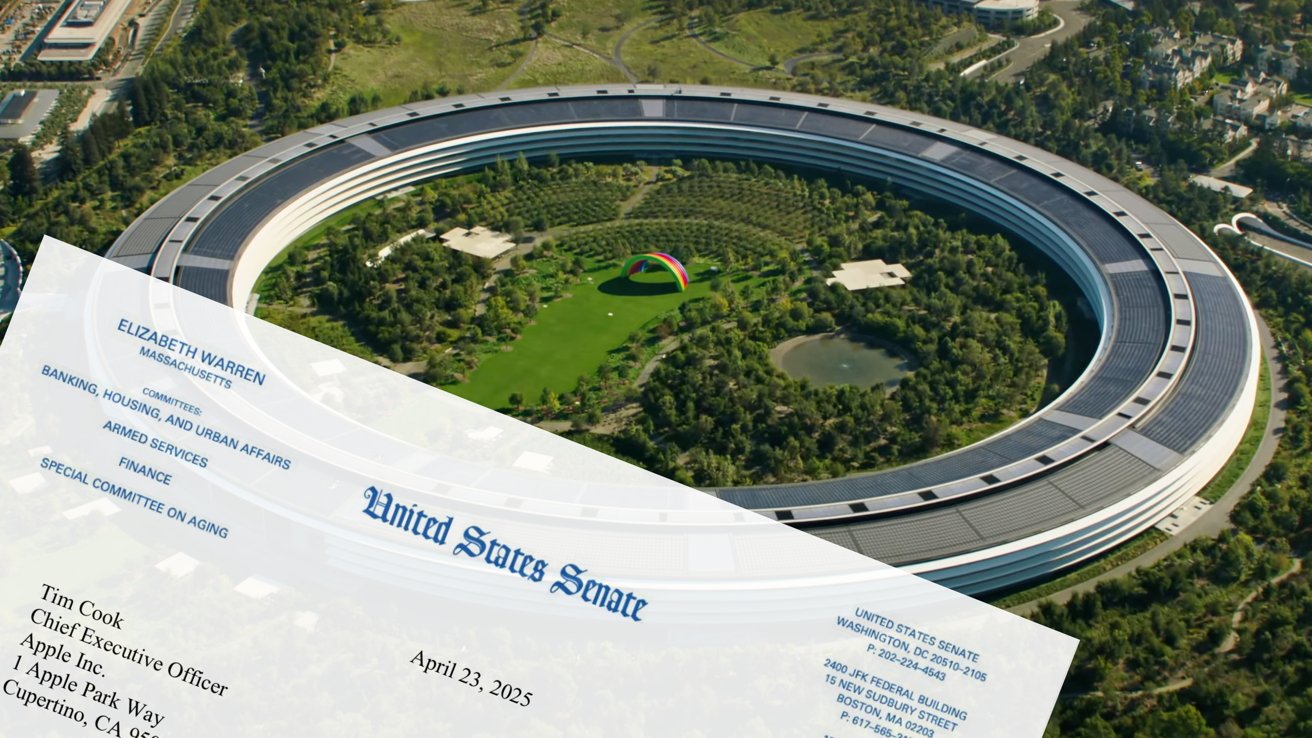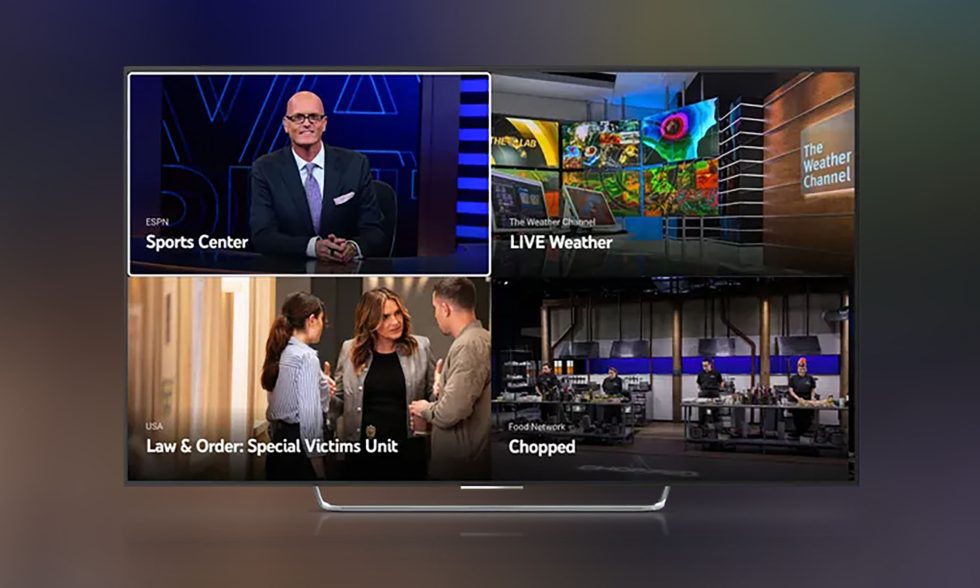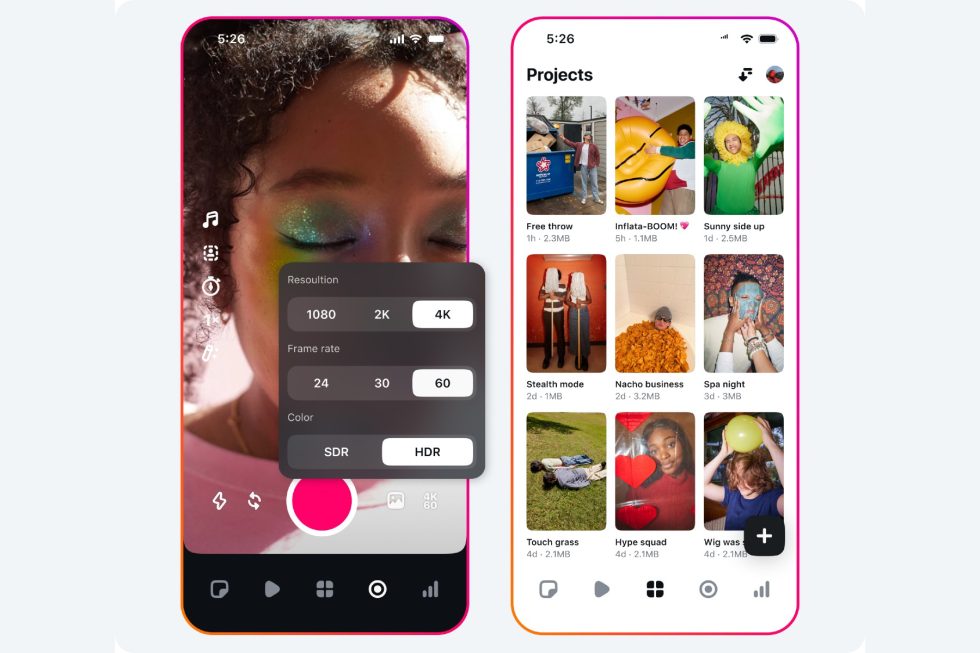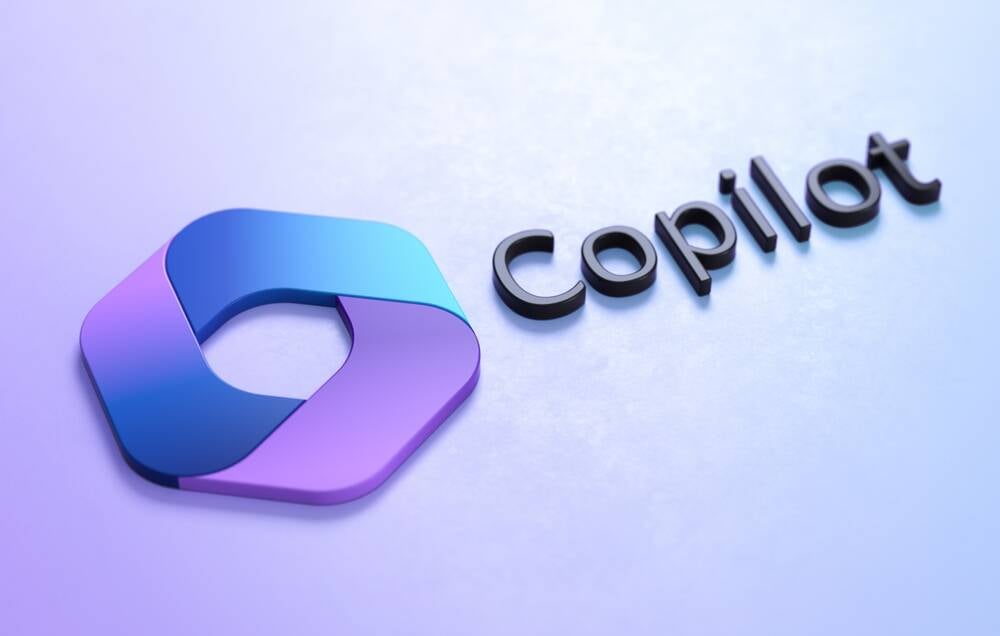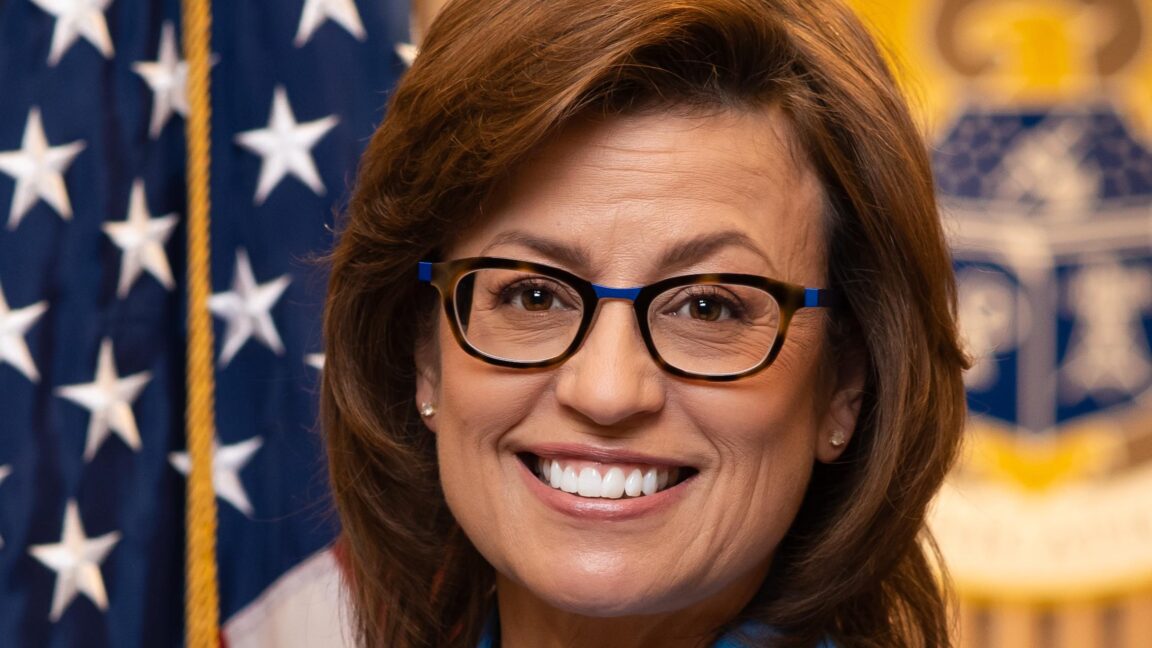Twitter Appears to Be Shadow Banning Accounts That Criticize Elon Musk
On X, formerly Twitter, criticize the site's owner Elon Musk, and you may get secretly punished. The New York Times reports that three users who squabbled with Musk in December — all prominent right wing accounts — saw their engagement "practically vanish overnight," with their posts suddenly plunging far below the amount of views they normally receive and, in some cases, never recovering. The suspiciously timed drop-offs appear to be examples of shadow banning, the practice of severely suppressing the reach of a user's content without notice, effectively banning them in a way that's untraceable. That it's allegedly being leveraged […]


On X, formerly Twitter, criticize the site's "free speech absolutist" owner Elon Musk, and you may get secretly punished.
The New York Times reports that three users who squabbled with Musk in December — all prominent right-wing accounts — saw their engagement "practically vanish overnight," with their posts suddenly plunging far below the number of views they normally receive, in some cases never to recover.
The suspiciously timed drop-offs appear to be examples of shadow banning, the practice of severely suppressing a user's reach without informing them they're being punished. In effect, it allows site admins to ban people without actually banning them, and is difficult to detect. That it's allegedly being leveraged against Musk's critics is striking, and serve as the latest evidence of the billionaire's hypocritical devotion to free speech.
"This is working against the type of environment that he claimed he wanted to build," Ari Cohn, the lead counsel for technology policy at the advocacy group Foundation for Individual Rights and Expression, told the NYT. "Don't sit here and cloak yourself in the First Amendment and free speech, and then do things like that."
One of the allegedly shadow banned accounts, run by Anastasia Maria Loupis, boasts over one million followers and used to receive hundreds of thousands of views per day, sharing "far-right commentary, conspiracy theories, and antisemitic statements," according to the NYT. (None of these topics have stopped countless accounts from being ludicrously popular on X, including Musk himself.)
In December, Loupis, who also frequently shared misinformation on vaccines, publicly criticized Musk's support for an immigration program allowing skilled foreign workers into the US, in what was a rare episode at the time of Musk's own right-wing fans turning on him, seemingly for not hating immigrants enough.
Immediately, Loupis's engagement dropped off a cliff, the NYT's analysis found, and now she's lucky if her posts crack the low ten thousands. To confirm her suspicions of a shadow ban, Loupis created a brand new X account, and quickly received far more views and likes than the original one.
"If he did it to small accounts, nobody would notice," Loupis told the NYT. "But when he starts doing it to really, really big influencers with millions of followers, everybody notices."
Another account run by Laura Loomer, a popular far-right conspiracy theorist, also experienced a dramatic plunge in engagement after trading barbs with Musk on the immigration issue in December (during which she odiously referred to Indian immigrants as "third world invaders.") Loomer was also briefly stripped of her X premium status before Musk reinstated it. Her numbers wouldn't recover until Musk began interacting with her posts again weeks later.
"I think it's wrong to say it's a free speech platform and then shut off people's ability to monetize," Loomer told the NYT.
It's worth mentioning that while the practice of shadow banning is very real, it's also a sort of bogeyman of social media, getting blamed for drops in engagement that could be explained by other non-nefarious reasons — like maybe no one wants to read your posts anymore — since by its nature it's difficult to prove. The algorithms that govern engagement on these platforms are also fickle and unpredictable, inscrutable even to their creators.
That said, Musk has a history of vindictively abusing his power on the site. He's repeatedly suspended the accounts of journalists, most notably in 2022, targeting critics of his takeover of the website. Some journalists have also claimed to have been shadow banned. In a particularly petty episode, Musk also blocked all links to the blogging platform Substack, after it released a feature similar to Twitter's feed.
More on Elon Musk: Elon Musk Reportedly Sends DMs on Twitter Offering Women the Chance to Have His Babies
The post Twitter Appears to Be Shadow Banning Accounts That Criticize Elon Musk appeared first on Futurism.









